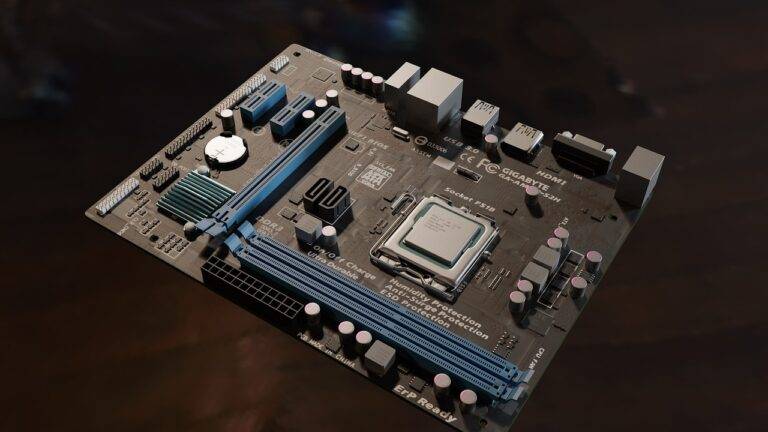How Technology is Changing the Music Industry
Technology has fundamentally changed the way we consume and interact with music. From the invention of the phonograph to the rise of streaming services, advancements in technology have shaped the music industry in profound ways. In this article, we will explore how technology is changing the music industry and what this means for artists, fans, and the future of music.
Digital Distribution
One of the most significant ways technology has transformed the music industry is through digital distribution. With the advent of the internet, musicians no longer need a record label to reach their audience. Platforms like Spotify, Apple Music, and SoundCloud allow artists to share their music directly with fans around the world. This democratization of distribution has given rise to a new era of independent artists who can build a following without the support of a major label.
Streaming Services
Streaming services have become the dominant way that people consume music. With over 400 million paid subscribers worldwide, platforms like Spotify and Apple Music have revolutionized how we listen to music. Streaming services offer users access to millions of songs at their fingertips, changing the way we discover new music and interact with our favorite artists.
Artificial Intelligence
Artificial intelligence (AI) is also playing a significant role in shaping the future of the music industry. AI algorithms are being used to analyze data and predict trends, helping artists and record labels make informed decisions about their music. Additionally, AI is being used to create music itself, with computers composing songs and even entire albums. While some may worry about the impact of AI on creativity, others see it as a tool that can enhance the music-making process.
Virtual Reality
Virtual reality (VR) is another technology that is changing the way we experience music. Through VR headsets, fans can attend virtual concerts and festivals, immersing themselves in a 3D world of music and visuals. VR technology has the potential to revolutionize live music experiences, allowing artists to reach a global audience without ever leaving their studio.
Social Media
Social media has become an essential tool for artists to connect with their fans and promote their music. Platforms like Instagram, TikTok, and Twitter allow musicians to share their work, engage with followers, and build a loyal fan base. Social media has also become a crucial platform for discovering new music, with viral videos and trending hashtags shaping the cultural conversation around music.
Blockchain
Blockchain technology is also making waves in the music industry, offering new ways for artists to monetize their work and protect their intellectual property. Through blockchain, artists can sell their music directly to fans, cutting out middlemen and ensuring fair compensation for their work. Additionally, blockchain can be used to create tamper-proof digital distribution platforms, allowing artists to track their music’s journey from creation to consumption.
Conclusion
Technology is reshaping the music industry in ways we could never have imagined. From digital distribution to artificial intelligence, VR, social media, and blockchain, technology is revolutionizing how we create, consume, and interact with music. As we look toward the future, it’s clear that technology will continue to play a significant role in shaping the music industry and providing new opportunities for artists and fans alike.
FAQs
Q: How is technology changing the way we discover music?
A: Technology has made it easier than ever to discover new music, with streaming services, social media, and recommendation algorithms helping music fans find artists and songs they might never have encountered otherwise.
Q: What impact has digital distribution had on the music industry?
A: Digital distribution has democratized the music industry, allowing independent artists to reach a global audience without the need for a record label. This has led to a surge in creativity and innovation in the music scene.
Q: How is AI being used in the music industry?
A: AI is being used to analyze data, predict trends, create music, and even enhance live performances. While some worry about the impact of AI on creativity, others see it as a valuable tool for artists and producers.
Q: How is blockchain changing the way musicians are paid?
A: Blockchain technology offers artists a secure, transparent way to sell their music directly to fans, ensuring fair compensation and protecting their intellectual property. Blockchain has the potential to revolutionize the way musicians are compensated for their work.





